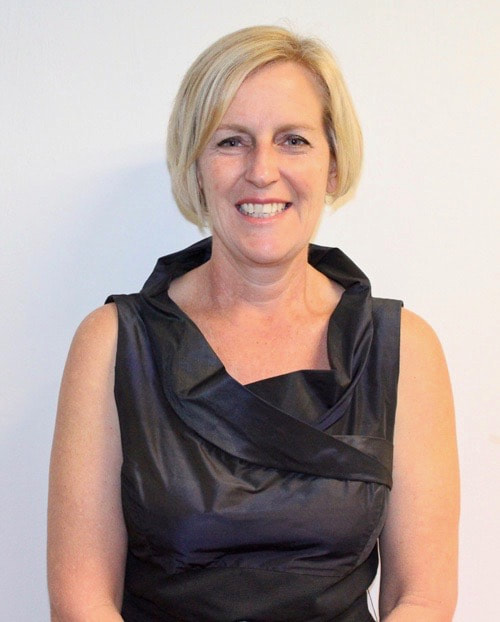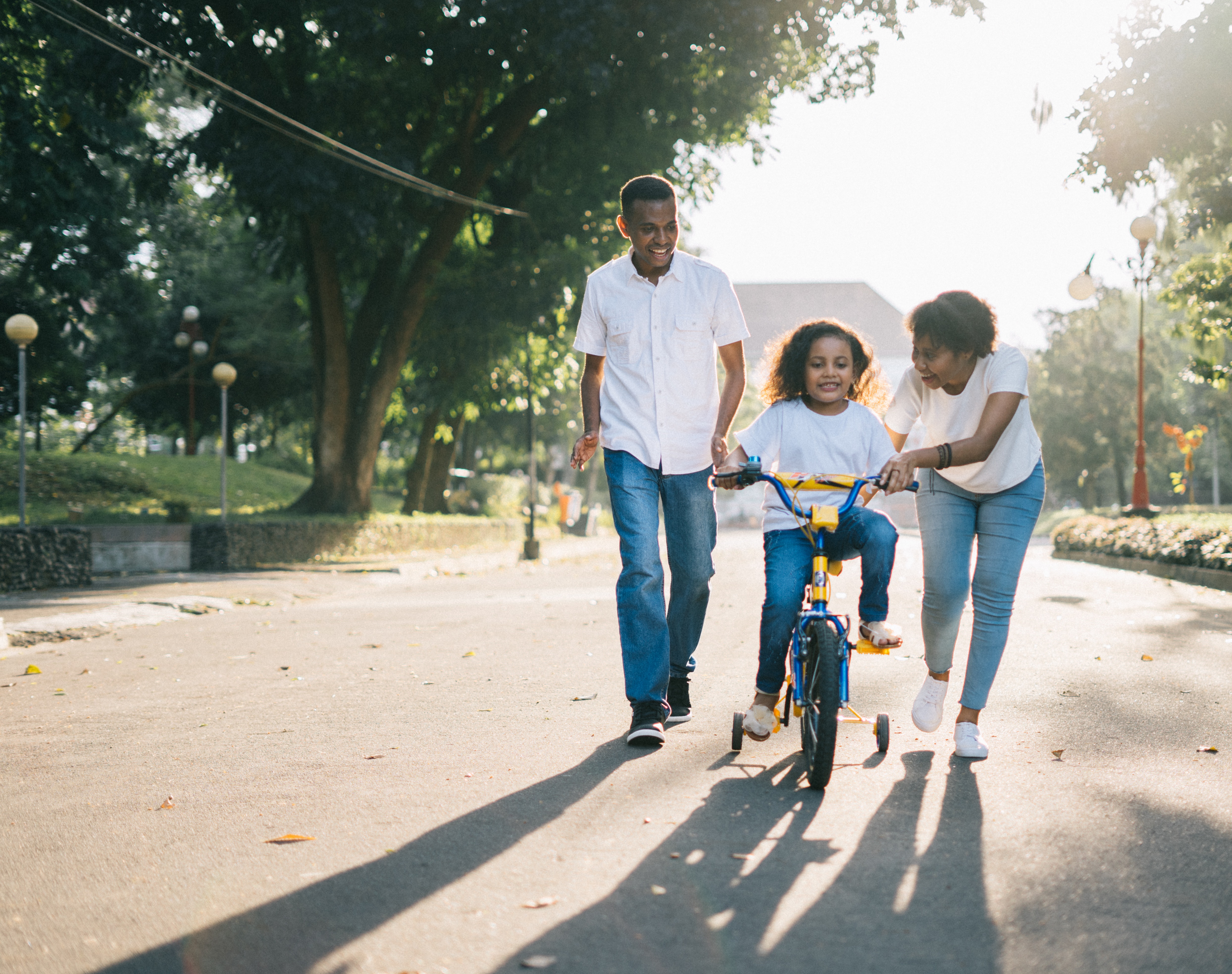
Jackie Becher
Jackie Becher is the Executive Director of Pedagogy at EtonHouse International School and Pre-School, Shanghai. With 25 years of educational experience and over 15 years as an educational leader, Jackie has influenced educational directions for schools and systems throughout Australia and Asia. She is a passionate and committed leader who is driven to work closely with children, staff, families and the community and recently co-constructed children's futures in China, Hong Kong SAR, Singapore and Japan. A leader in educational leadership, Jackie has had experience with inquiry curriculums, including the International Baccalaureate Primary Years Programme.
Young children run, they climb, and often times they fall. Sometimes, what they are doing even looks dangerous and its tempting to yell out “be careful!” But doing so is actually counterproductive to the growth and development of children and we should really not tell that to young children.
Why?
Because telling them to be careful sends a message to children that there is danger ahead. It instills fear which prevents them from taking risks, making mistakes and being creative -- skills they are going to need in their workplace.
What then can you do?
Instead, teach the child to be aware of his/her environment so that the child takes notice, responds and shifts his/her actions and behaviours appropriately. Our language should be about taking notice, providing children with suggestions, and making them aware of how they are feeling. This gives children and young people strategies for looking after themselves.
Here are some ways to speak to a child instead of saying be careful:
Notice how the floor is wet, the mud is slippery, or the path is bumpy. What is your plan for walking across the muddy path?
Do you see there is a sharp stick nearby?
Try moving your feet slowly/taking little steps/bending from your knees.
In this manner, the children identify the problems they are facing and adults can then provide them with strategies to overcome the situation. We are creating a strong inner voice in our children and enabling them to learn how to listen to their bodies and their environment. This will allow children and young people to monitor themselves independently and that’s a useful skill to have for life.

